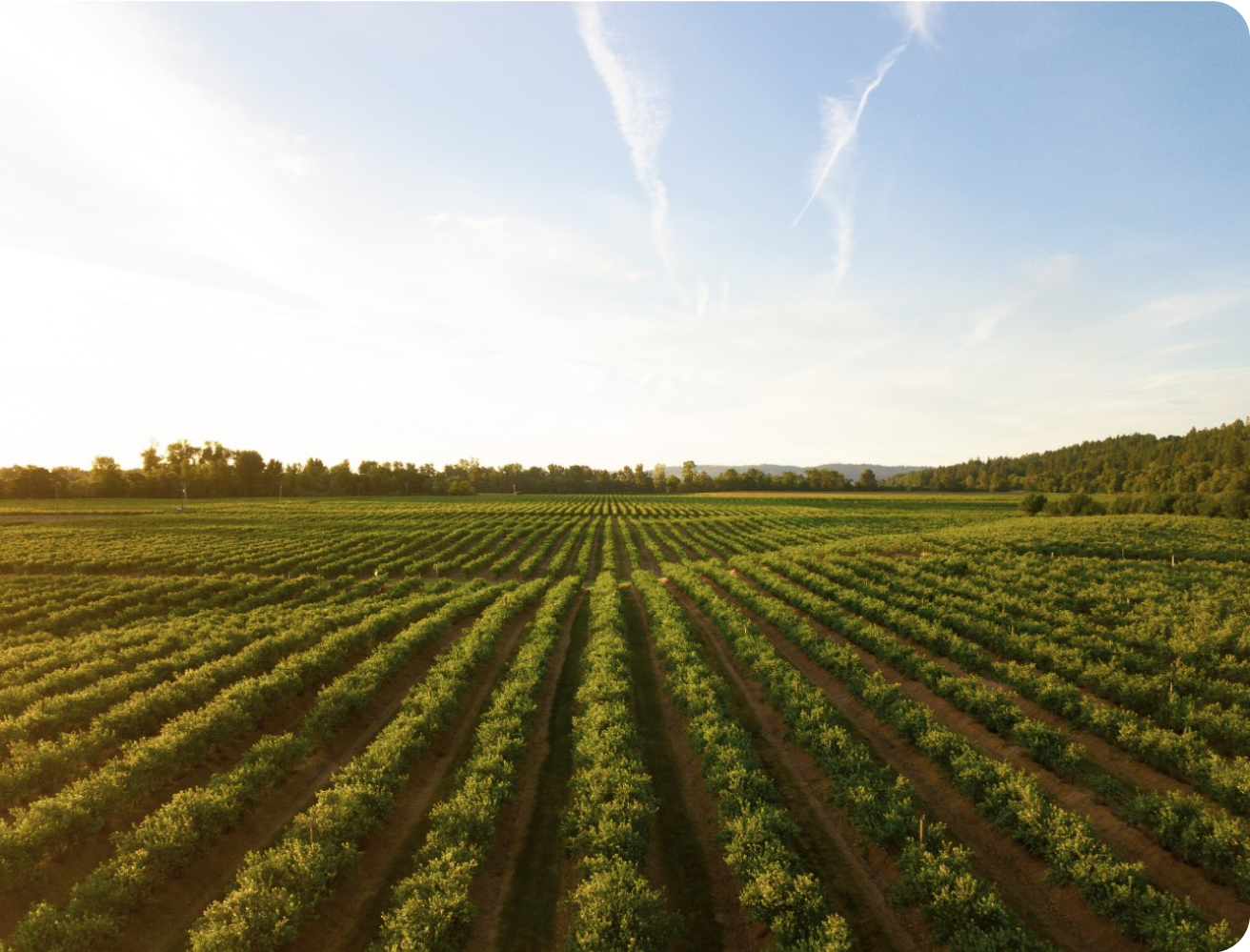ESG & Sustainability


Preserves landfill space.
Beneficial reuse programs keep materials out of landfills and impoundments. By preserving the space for other disposal needs, it prolongs the useful life of existing landfills. There’s also less to no need to permit new landfills for unnecessary dumping.
Conserves natural resources by reusing industrial by-products.
By reusing materials instead of virgin materials for construction projects, there’s no need for new mining or borrow pits. This results in more available materials for future projects and less environmental damage due to mining and related transport.


Reduces CO2 emissions.
Less CO2 is released into the atmosphere thanks to the energy savings achieved from reduced mining activity and reduced transport distances.
Strengthens local economies.
Local economies see lower-cost construction materials so otherwise unaffordable projects become feasible. Projects for public facilities like road construction help with expanding small businesses.


Beneficial reuse saves money.
Beneficial reuse programs present cost savings compared to alternative disposal methods such as landfilling. These cost advantages result in lower prices and generating additional local economic benefits.


